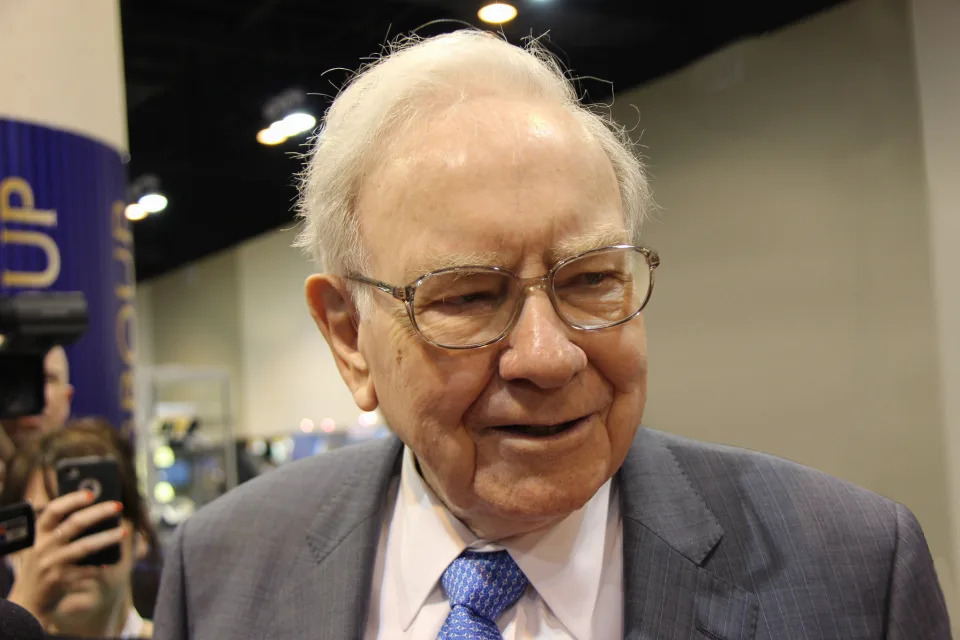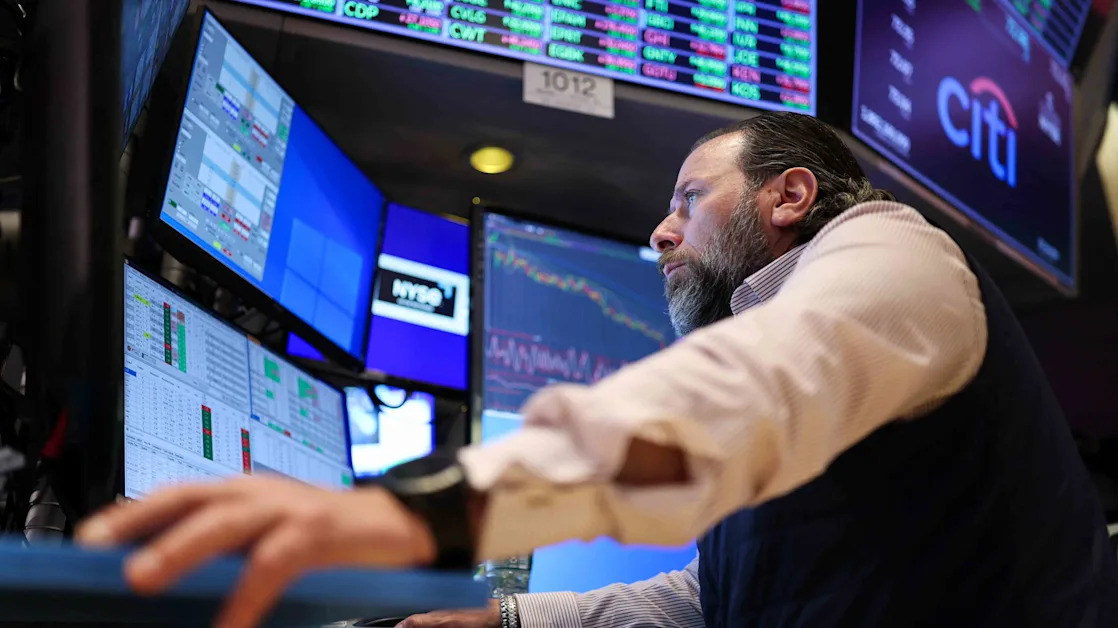
Berkshire Hathaway (NYSE: BRK.A) (NYSE: BRK.B) CEO Warren Buffett knows how to create piles of money. The stock has increased 4,400,000% since 1965, when Buffett took over the reins. Much of those gains were the result of Buffett's knack for spotting long-term winners either through the stock market or buying companies outright.
At the end of the second quarter, Berkshire's stock portfolio totaled $285 billion. Let's look at two holdings that offer attractive upside potential over the next five years.
1. Amazon
Amazon (NASDAQ: AMZN) is a disruptive force in the retail sector. It has more than 200 million Prime members, 627 million square feet of fulfillment space and data centers, and growing revenue streams from lucrative businesses like advertising solutions and cloud services.
All these assets translate to enormous financial advantages. The company generated $44 billion of net profit on $604 billion of revenue over the last year. It's seeing profits explode, with net income doubling year over year in the second quarter, and investors see more profitable growth ahead.
Amazon is focusing on making its online retail store more efficient in processing orders and getting those items to customers much faster. It delivered more than 7 billion items to customers in 2023 within one day.
When customers can receive their items in the same or next day, they tend to shop on Amazon for everything. This bodes well for its prospects in a growing e-commerce market estimated at $6 trillion this year, which is expected to reach $8 trillion by 2027, according to Emarketer. Amazon's massive resources place it in pole position to win the race.
With Amazon starting to turn a profit from its international business, it could deliver substantial earnings growth that powers the stock higher. Throw in double-digit growth prospects for its industry-leading cloud computing service, Amazon Web Services, which makes up most of the company's operating profit, and that's why Wall Street is anticipating the company's earnings to grow 23% on an annualized basis in the coming years.
Assuming the stock continues to trade close to its current forward price-to-earnings (P/E) multiple of 37, the share price should deliver double-digit annualized returns to investors over the next five years.
2. American Express
Berkshire Hathaway has been a shareholder of American Express (NYSE: AXP) for over 30 years. Buffett has a long history with the brand, having made a killing on the stock in the 1960s when he was operating his investment partnership, and the credit card brand continues to show the characteristics of a great long-term investment.
American Express is known for its rewards program and other perks it offers through its premium Gold and Platinum cards. It's a card brand that tends to attract high spenders, and merchants know this, which is why businesses are willing to pay extra fees to accept Amex at checkout.
Despite recent headwinds in the economy, American Express cardholders continue to spend. Revenue net of interest expense increased by 8% year over year in Q2, with double-digit growth in revenue from card fees.
A telling sign of the brand's competitive position is the momentum in attracting millennials and Gen Z customers. This demographic made up more than 60% of new consumer account acquisitions in 2023. It should benefit American Express over the long term, since Gen Z card members trend to spend about 25% more than older customers.
The company has experienced significant growth over the last few years. Management feels so positive about business trends that it believes it can increase spending on marketing without hurting earnings growth. The consensus analyst estimate expects adjusted earnings to be up 17% this year over 2023.
Over the next several years, Wall Street analysts expect earnings to grow about 15% per year. Assuming the stock continues to trade at its current forward P/E ratio of 19 and there are no major hiccups in the economy, the stock could potentially double in value in the next five years.
Before you buy stock in Amazon, consider this:





